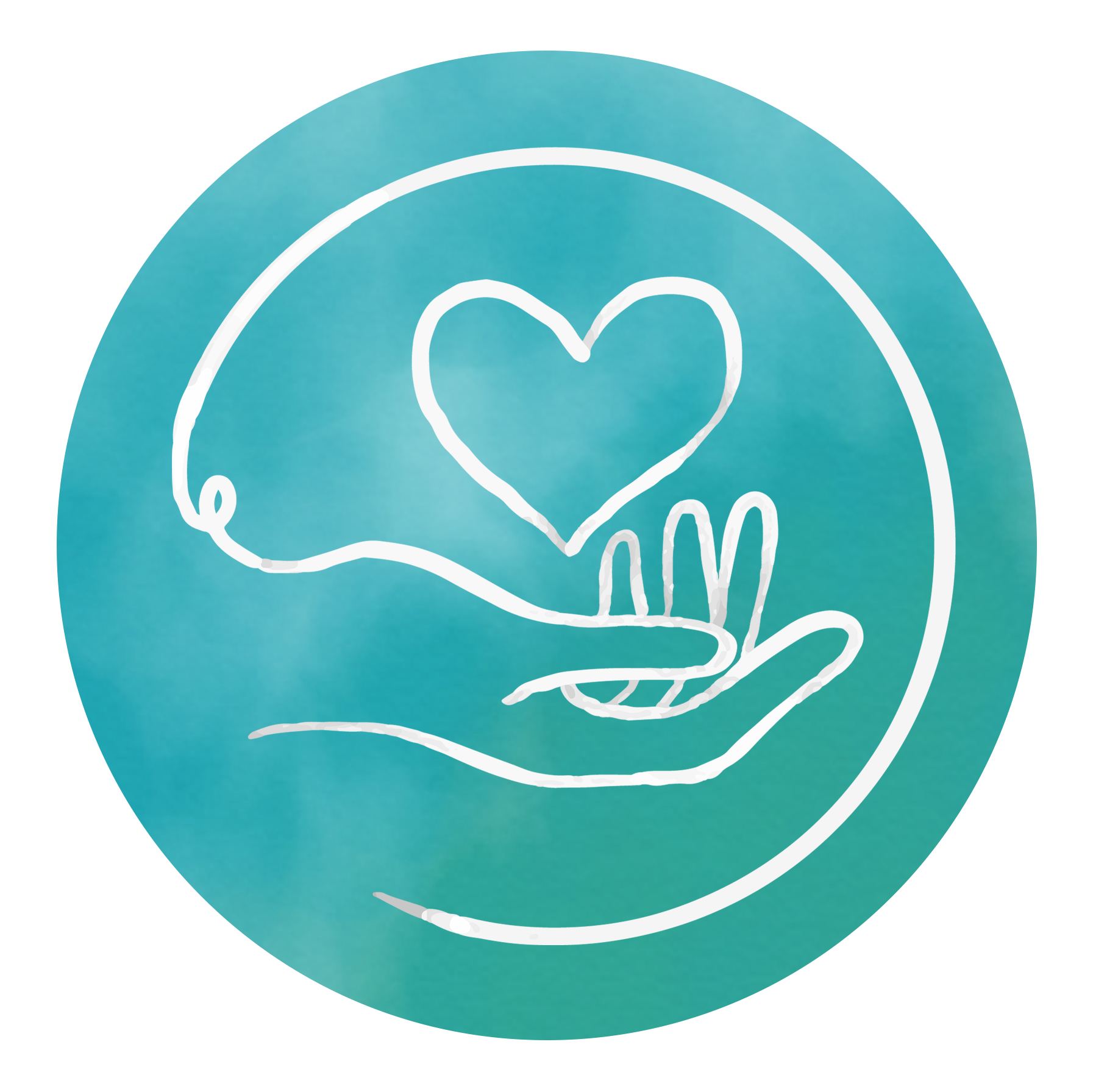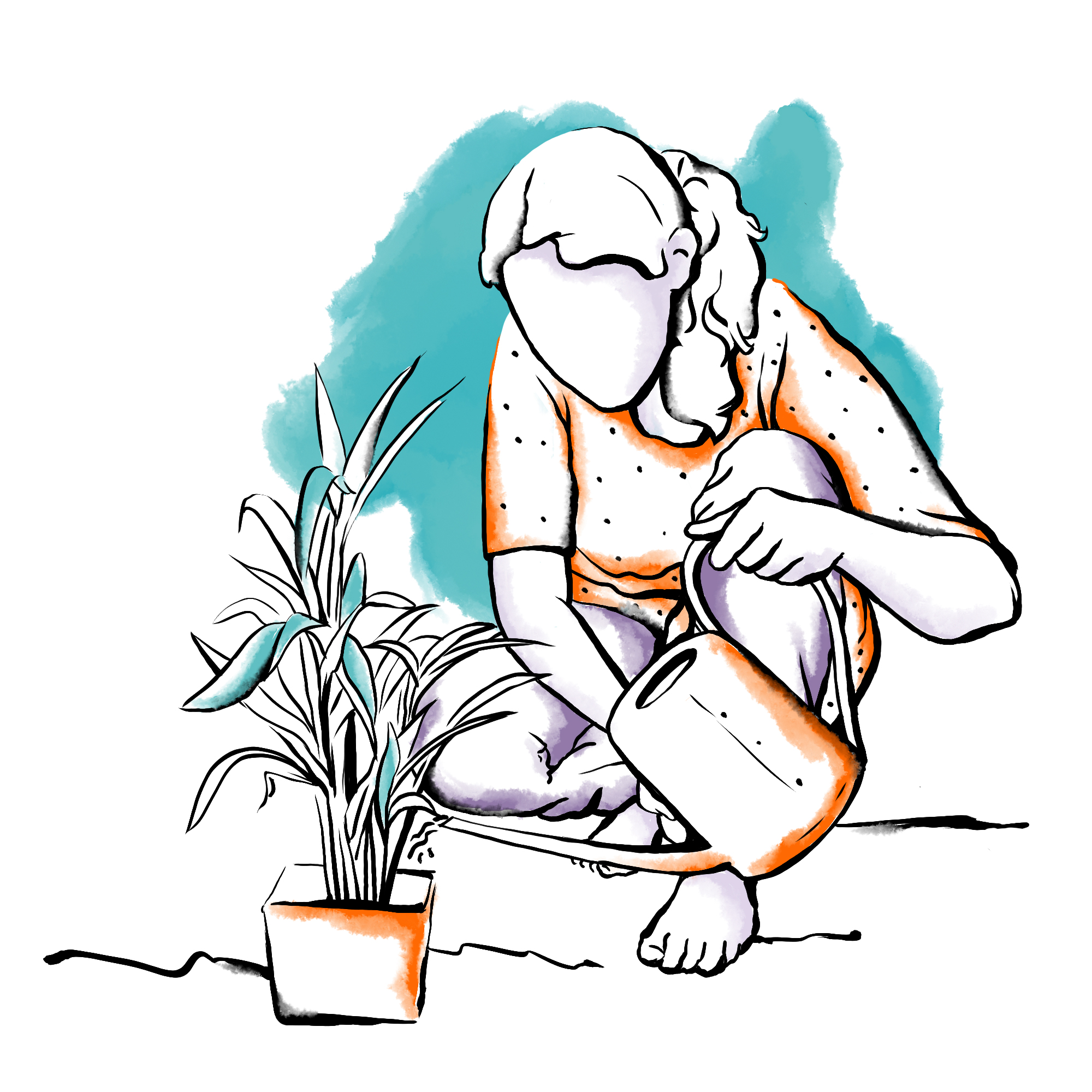Working with Couples: Prevention Strategies Deep Dive
Learn about prevention of Intimate Partner Violence through programmes that work with couples and how to apply this strategy in your context.
Applications close on 21st October
Starting with Ourselves: Reflecting on Power, Gender, and Violence
Reflect on your personal experiences and beliefs about power and gender. Consider how they affect your work preventing or responding to violence.

What Will I Learn?
Engaging in critical reflection on your beliefs, behaviours, and social norms about power, gender, and violence is part of the transformation process. This course encourages self-reflection away from your daily work, facilitating your journey of personal reflection and transformation. By the end of this course, you will be able to:
- Identify positive and negative uses of power
- Reflect on your experiences with power
- Explore your beliefs about gender and violence and how they relate to social norms and affect your behaviours
- Recognise how beliefs and social norms about gender and violence affect women across their life course
- Identify ways to use positive types of power individually and with others:
- Transform harmful beliefs and behaviours
- Strengthen equitable ones to create positive change


Who is this course for?
We encourage practitioners in violence against women, violence against children, and gender-based violence to take the course.
What are the requirements to join?
This course is a journey of self-reflection. We encourage you to keep a journal or use the digital journal provided. Other requirements include that you:
- Have a functional laptop/mobile phone and access to stable internet
- Are proficient in English
- Can complete all sessions and quizzes, as well as engage in the discussion forum
What is the learning schedule?
This self-paced course is designed to take two to three hours, but you are encouraged to take as much time as you need. It offers various learning methods to engage different types of learners. You can revisit topics, move freely between completed sessions, and interact with the information at your own pace.
What is the course outline?
The course has four sessions:
- Introduction
- Power
- Beliefs, Behaviours, Norms
- Putting It All Together
These interactive sessions support your internal reflections with interactive topics, videos, knowledge checks, and reflection questions. During the course, you should think about applying the course material to your experience and context and be willing to share your reflections with others.

Course Content
For more information about this course, contact us at learninglab@prevention-collaborative.org.
